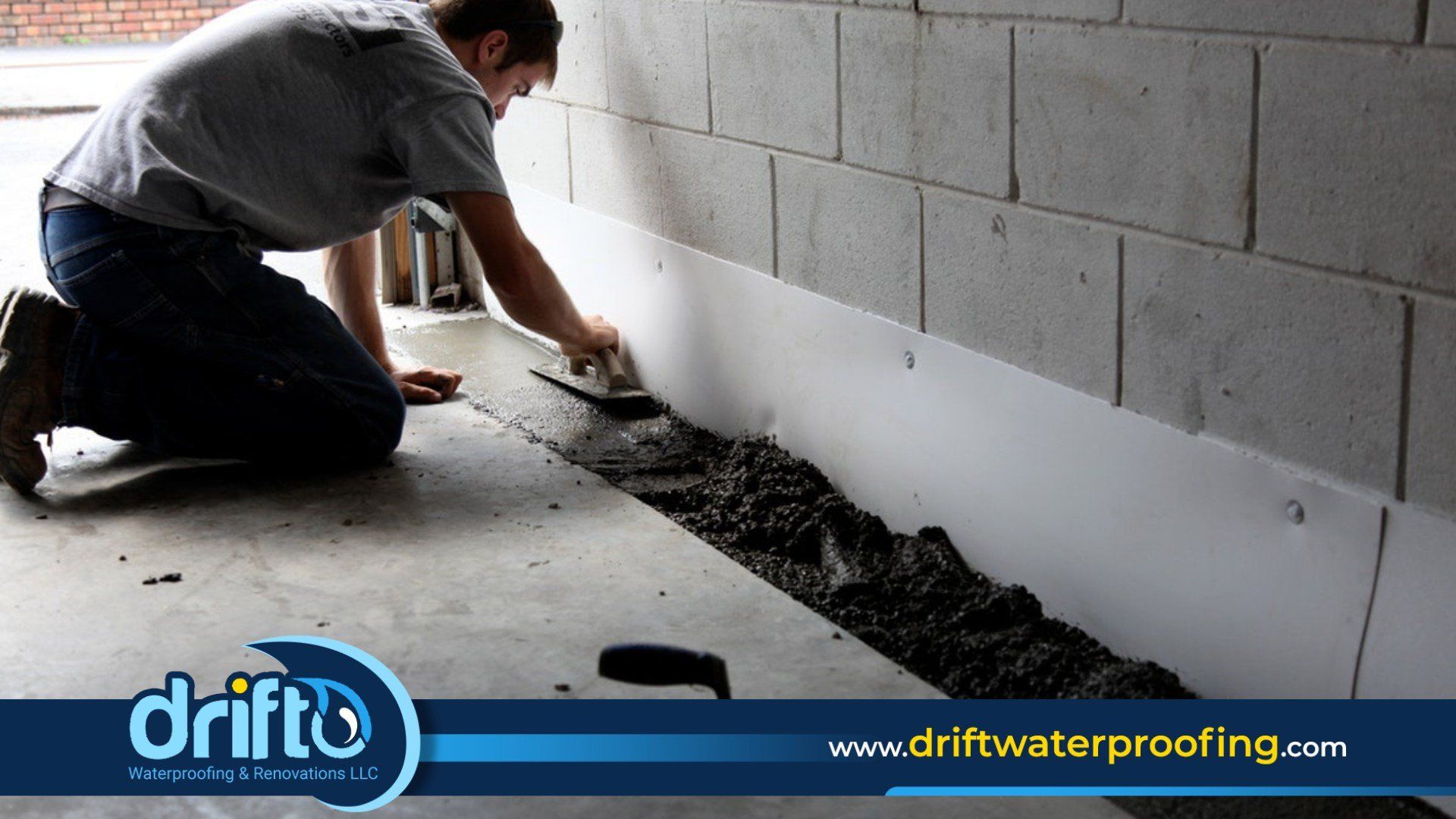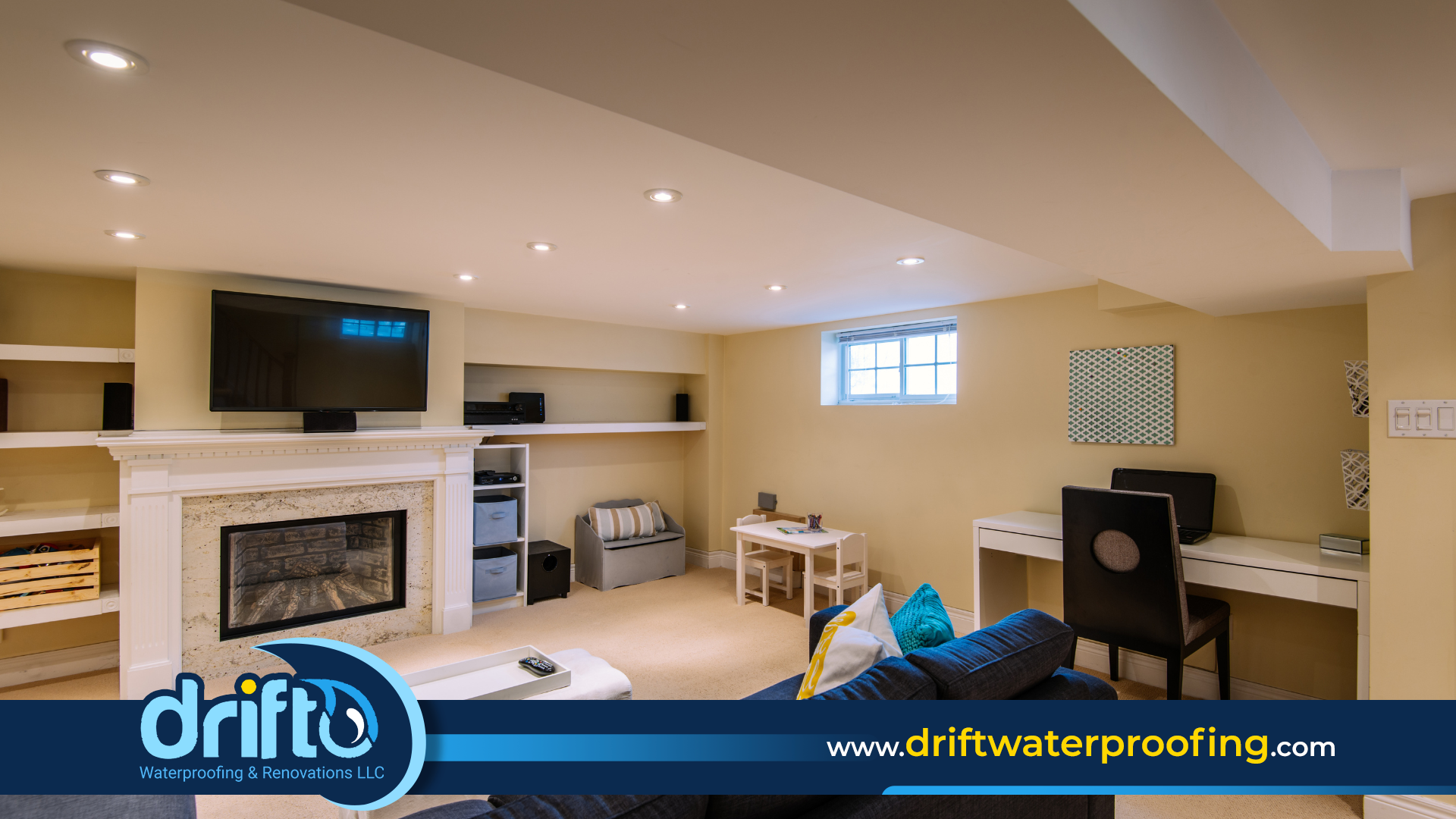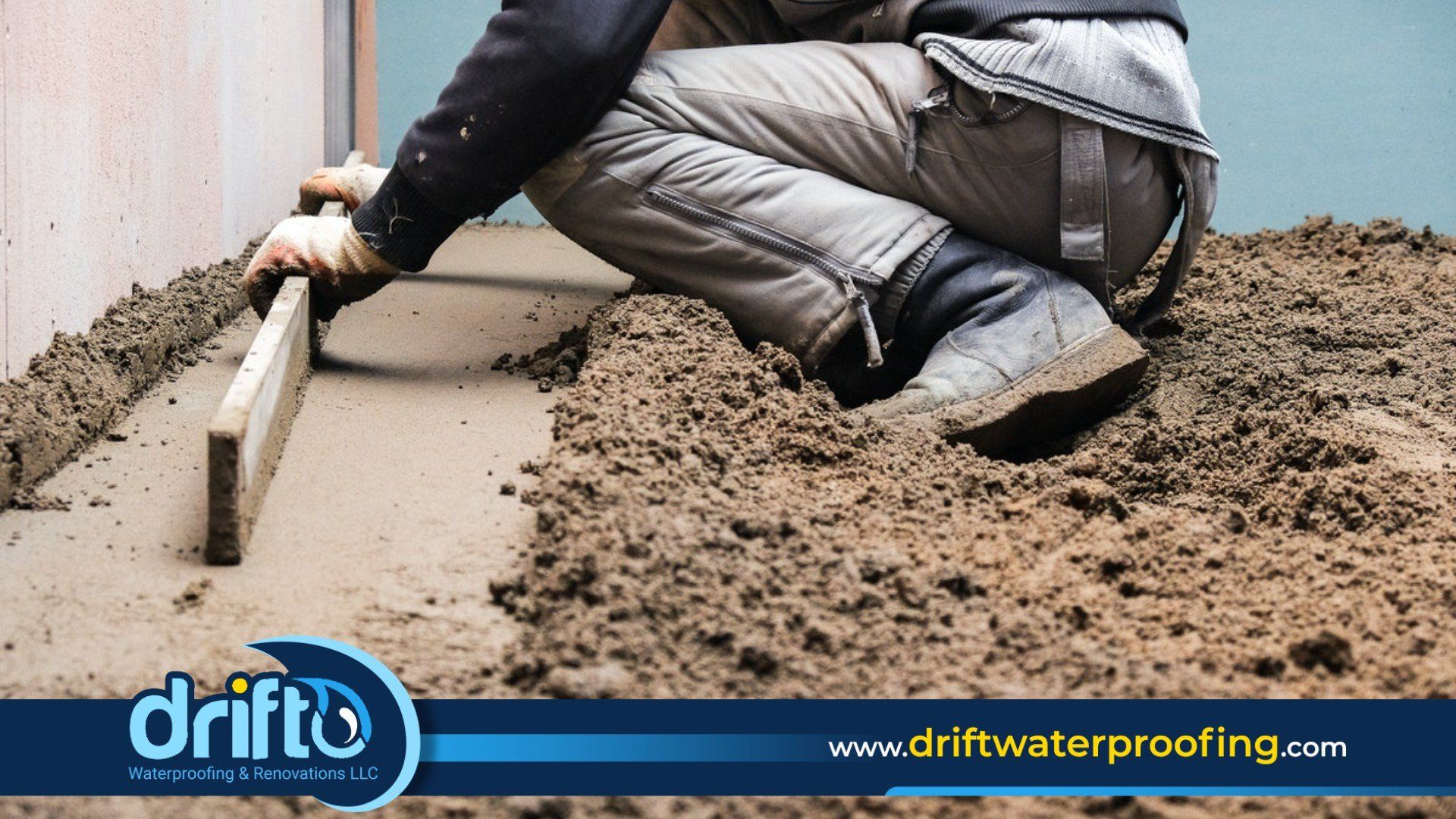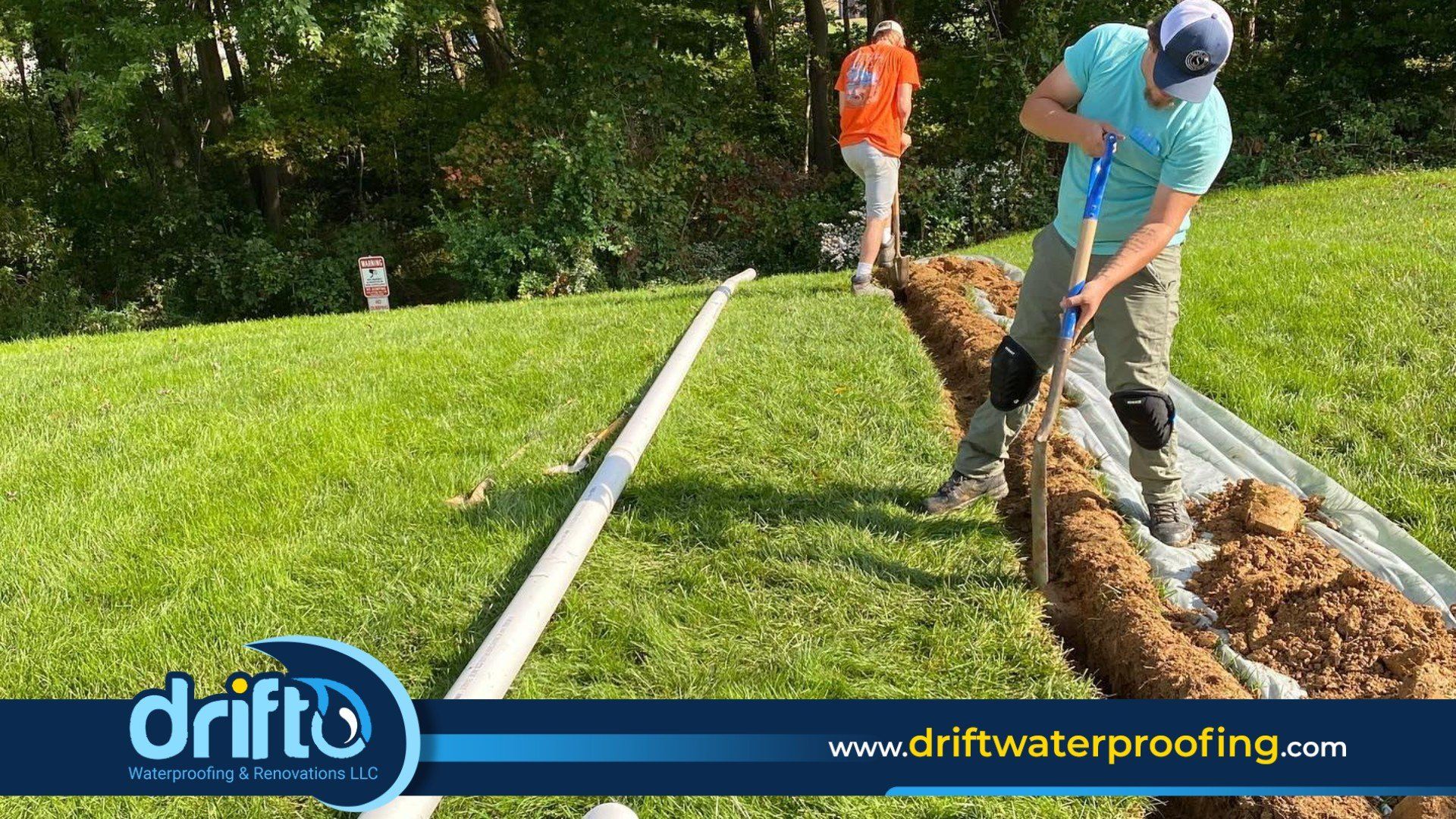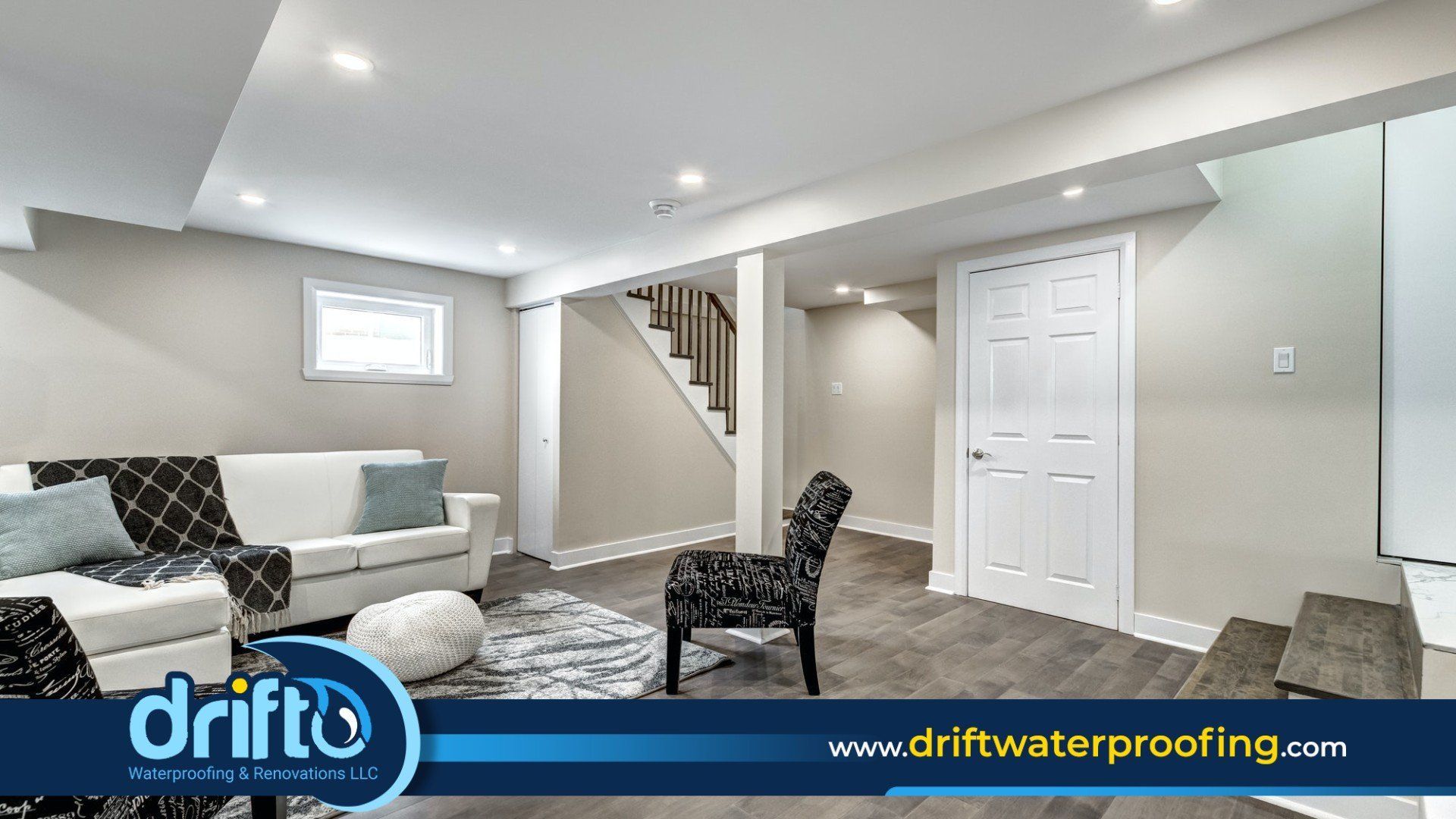It’s the rainy season, and you can’t help but worry about all the water that could be seeping into your basement. If left unchecked, this excess moisture can cause significant damage to your home and belongings. So what should you do? Don’t worry—there are plenty of ways to keep your basement dry during the rainy season. Let’s take a look at some of them.
What are some ways to keep my basement dry during rainy season?
Gutters and Downspouts
One of the best ways to prevent water from entering your basement is by installing gutters and downspouts on the exterior walls of your home. Gutters work by collecting rainwater as it slides off the roof and guiding it away from your home via downspouts. Make sure these downspouts lead away from your foundation; if they don’t, you may need to extend them with additional piping.
Check Your Foundation Walls
Ensure all cracks in the foundation walls are sealed properly, as these can be entry points for excess water. If there are any gaps or cracks, use waterproofing caulk or spray foam insulation to seal them tight. Additionally, check for any holes or openings in the foundation walls where pipes or wires enter; if necessary, install flood vents that can be closed during heavy rain storms so that no water gets in.
Install a Sump Pump
A sump pump is an excellent way to get rid of any water that does manage to make its way into the basement. The pump is installed inside a sump pit, which collects groundwater and pumps it out of the basement before it can cause any damage. Most sump pumps come with alarms, so you know when they need servicing or replacing due to wear and tear.
What are some signs that my basement is leaking?
A basement leak can cause a lot of damage to your home if not detected and treated quickly. Unfortunately, knowing when your basement leaks can be difficult since the signs are often subtle or hidden. This guide will provide an overview of some common signs that you may have a leaky basement, so you can take action before it does any more damage.
Musty Smells and Mold Growth
One of the most common signs of a basement leak is musty smells or mold growth. If water leaks into your basement, this moisture will create an ideal environment for mold and mildew to grow. In addition, the dampness could even allow bacteria to thrive, creating a noticeable odor in the space. It's important to address any musty smells immediately, as they could indicate underlying water damage.
Stains on Walls or Ceilings
It's also possible to identify basement leaks by looking for visible clues such as stains on walls or ceilings. These stains are usually brownish in color and may appear in patches near the floor level. If you notice any suspicious discoloration, it's best to investigate further and determine whether water is seeping into your basement from somewhere else in your home.
Cracks in Foundation Walls
Cracks in foundation walls can also indicate that your basement is leaking. Even small cracks can allow water to seep through over time, leading to serious structural issues with your home if left unchecked. Keep an eye out for telltale signs such as vertical or horizontal cracks, bulging walls, or shifting floors—all of which could suggest that there may be an issue with water infiltration into your basement area.
What are some common causes of basement leaks?
If you have ever experienced a basement leak, you know how frustrating it can be. A leak in the basement can cause significant damage to your property if it is not fixed immediately. So, what are some of the most common causes of basement leaks?
Cracks in Your Foundation or Walls
One of the most common causes of basement leaks is cracks in your foundation or walls. This is often due to settling or shifting foundations, which can be caused by various factors such as extreme weather conditions, poorly compacted soil beneath the foundation, and even poor construction techniques. If you notice any cracks in your foundation or walls, it is important to address them as soon as possible before they become bigger and more difficult to repair.
Clogged Gutters & Downspouts
Another common cause of basement leaks is clogged gutters and downspouts. Clogged gutters and downspouts can cause water to pool around your home's foundation and eventually make its way into your basement through cracks or other openings. To prevent this from happening, make sure that your gutters and downspouts are cleaned regularly and that they are functioning properly.
Groundwater Pressure
The last common cause of basement leaks is groundwater pressure. Groundwater pressure occurs when there is excessive rainwater or snowmelt that saturates the soil surrounding your home’s foundation, leading to increased hydrostatic pressure on the walls and flooring of your basement. It is important to note that this type of leak often requires professional assistance to repair properly.
How can I prevent flooding in my basement?
Basement flooding can cause a lot of damage to your home, not to mention the stress and cost associated with dealing with it. Fortunately, there are ways to keep your basement from flooding in the first place. If you take the time to ensure your basement is prepared for heavy rain, you can avoid this costly and worrisome problem.
Check Your Gutters and Downspouts
One of the most important steps you can take is to make sure that your gutters and downspouts are free of debris and in good working order. Clogged or damaged gutters cannot effectively move water away from your foundation, which can lead to water seeping into your basement. Furthermore, check that downspouts direct water away from the house at least 6 feet so that it does not accumulate near the foundation.
Sump Pump Installation
A sump pump is a relatively simple system consisting of a basin and a pump which pumps water out of the area once it reaches a certain level. Installing a sump pump can save you thousands of dollars in expensive repairs due to flooding damage, so it’s definitely worth looking into if you don’t already have one installed in your home.
Maintain Proper Grading Around Your Home
Another critical step is ensuring that your landscaping slopes away from your home so that any surface water runs off rather than pooling around the foundation. If necessary, add soil or other materials around the perimeter of your home to create proper grading away from the house. This will help ensure that all surface water runs off instead of accumulating around or near your foundation, where it could potentially cause flooding issues in your basement.
Conclusion
Waterproofing your basement doesn't have to be complicated—it just takes some time and effort on your part! By following these three steps—inspecting gutters & downspouts, installing a sump pump, sealing any cracks & checking for leaks—you can rest assured knowing that you've done everything you can to keep moisture out of your home and protect it from potential damage due to flooding or heavy rains. Taking care of this now will save you time, money, and stress in the long run!
Contact Drift Waterproofing & Renovations Today!
Drift Waterproofing & Renovations will do everything we can to ensure your experience with us is excellent.
Request A FREE Estimate
Request a Free Estimate Form
Checkout Recent Post
Got a Question? We’re Here to Help.
You can arrange an appointment or make an enquiry by phone or email, orget in touch to us via our contact form.

